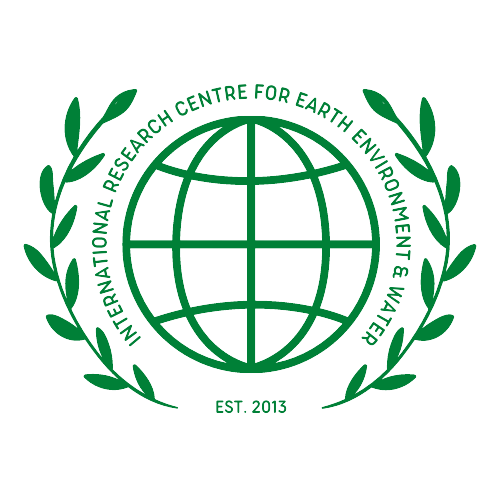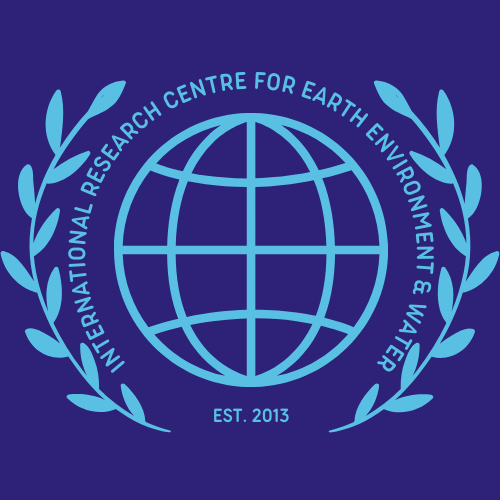-
Water Crises in Baluchistan
- Introduction
- Water Crisis
- Water contamination in Baluchistan
- Groundwater depletion in Baluchistan
- Water management and policy in Pakistan
- Conclusion
Water Crises in Baluchistan
Introduction
Pakistan is facing a water crisis in Baluchistan, one of its largest provinces by area. The province comprises 20% of Pakistan’s total land area and 70% of its mineral resources, including precious gold and silver. However, it is also one of the country’s most disadvantaged areas due to social deprivation, poverty and unsustainable development policies since 1947 (when the country gained independence).
Water is a basic necessity that every human requires to survive. It is an essential part of our biology, and its importance in daily life cannot be over-emphasized. Water is used for drinking, cooking, washing and cleaning.
Water is a basic necessity that every human requires to survive. It is an essential part of our biology, and its importance in daily life cannot be over-emphasized. Water is used for drinking, cooking, washing and cleaning.
Water scarcity has reached alarming levels in Pakistan as well as many other countries around the world. According to reports by the World Health Organization (WHO), two billion people live in areas where water resources are scarce; more than 40 percent are located in Asia alone. The situation is likely to worsen due to climate change and population growth unless access to clean water becomes a priority among policymakers at international forums such as the United Nations Framework Convention on Climate Change (UNFCCC) or the G20 Summit scheduled later this year in Osaka Japan from 28th June 2020 onward.”
Many societies worldwide have faced the harsh reality of a water crisis. The World Health Organization (WHO) states, ‘A water crisis is a situation where the available potable, unpolluted water within a region is less than that region’s demand’. Chronic water shortage is thus synonymous with a water crisis. In many parts of the world, particularly in poor countries, lack of clean drinking water causes widespread sickness and lack of hygiene, ultimately leading to death. One example of such a place is Baluchistan, Pakistan’s largest province by area. Baluchistan comprises 20% of Pakistan’s total land area and 70% of its mineral resources, including precious gold and silver. However, it is also one of the country’s most disadvantaged areas due to social deprivation, poverty and unsustainable development policies since 1947 (when the country gained independence).
Baluchistan is Pakistan’s largest province by area and one of the country’s most disadvantaged areas due to social deprivation, poverty and unsustainable development policies since 1947 (when the country gained independence).
According to WHO figures, one in three people worldwide does not have clean water, and more than 2 billion people do not have access to proper sanitation facilities. This means that every day 4,500 children die from diseases caused by unsafe water supplies alone. Many societies worldwide have faced the harsh reality of a water crisis. The World Health Organization (WHO) states, ‘A water crisis is a situation where the available potable, unpolluted water within a region is less than that region’s demand’. Chronic water shortage is thus synonymous with a water crisis. In many parts of the world, particularly in poor countries, lack of clean drinking water causes widespread sickness and lack of hygiene, ultimately leading to death.
Water Crisis
A water crisis is when the available potable, unpolluted water within a region exceeds that region’s demand. Typically, this results in chronic water shortage and long-term damage to ecosystems.
To understand this better, let’s take an example: California has experienced severe drought for years. As of May 2019, California has only two years’ worth of water left in its reservoirs at current consumption rates. With no change in consumption or precipitation levels expected anytime soon (and no plans to do so), it may be time for Californians to prepare themselves for their state-wide version of a “water crisis.”
The first step in preparing for such an event would be educating yourself about your local resources so as not to waste them needlessly—for example: could you go without washing your car every week? Could you take shorter showers? Are there any plants on your property that could benefit from more sunlight? Could those plants be natural filters when watering them with grey water instead? And finally: do these changes feel feasible given how much time we spend commuting daily?
Water contamination in Baluchistan
One of the most significant issues facing Baluchistan is water contamination. The water quality in Baluchistan is inferior due to a lack of sanitation and hygiene, as well as human waste, industrial waste and chemical waste. Water pollution also occurs because of agricultural runoff.
Groundwater depletion in Baluchistan
Groundwater is the source of all water on Earth. It makes up 97% of our planet’s freshwater and can be found in aquifers and underground layers of porous rocks that hold groundwater. The rest of our planet’s freshwater comes from glaciers (2%), lakes and rivers (1%), snowfields and ice caps (0.4%), atmospheric moisture (0.001%), and soil moisture (0%).
Like many other places in Pakistan, Balochistan faces a serious groundwater depletion problem: overuse for agriculture or industry has caused aquifers to deplete at an alarming rate, threatening local food security and the region’s long-term sustainability. Groundwater depletion is also exacerbated by climate change; rising temperatures cause more rainfall over land instead of oceans, meaning fewer precipitation returns to aquifers through rainwater recharge—leading directly to even more rapid depletion rates than before!
Water management and policy in Pakistan
Pakistan has a long history of water shortages caused by mismanagement, climate change and population growth. A significant cause of this is poor urban planning and development in cities such as Karachi and Multan, which have suffered from flooding from sewage seepage into the groundwater supply.
Several government policies have been enacted over the years to help tackle these problems, but they have had mixed success. The most recent initiative was implemented by former president Asif Ali Zardari during his term between 2008-2013; he aimed to increase access to safe drinking water for every Pakistani citizen through an ambitious program called ‘Safe Drinking Water Programme’, which aimed at providing free tap water to all households with a connection to their homes within five years (2013).
Conclusion
In conclusion, the water crisis in Baluchistan is a severe problem that needs to be addressed immediately. The government should conserve water and implement policies that will ensure sustainable management.


